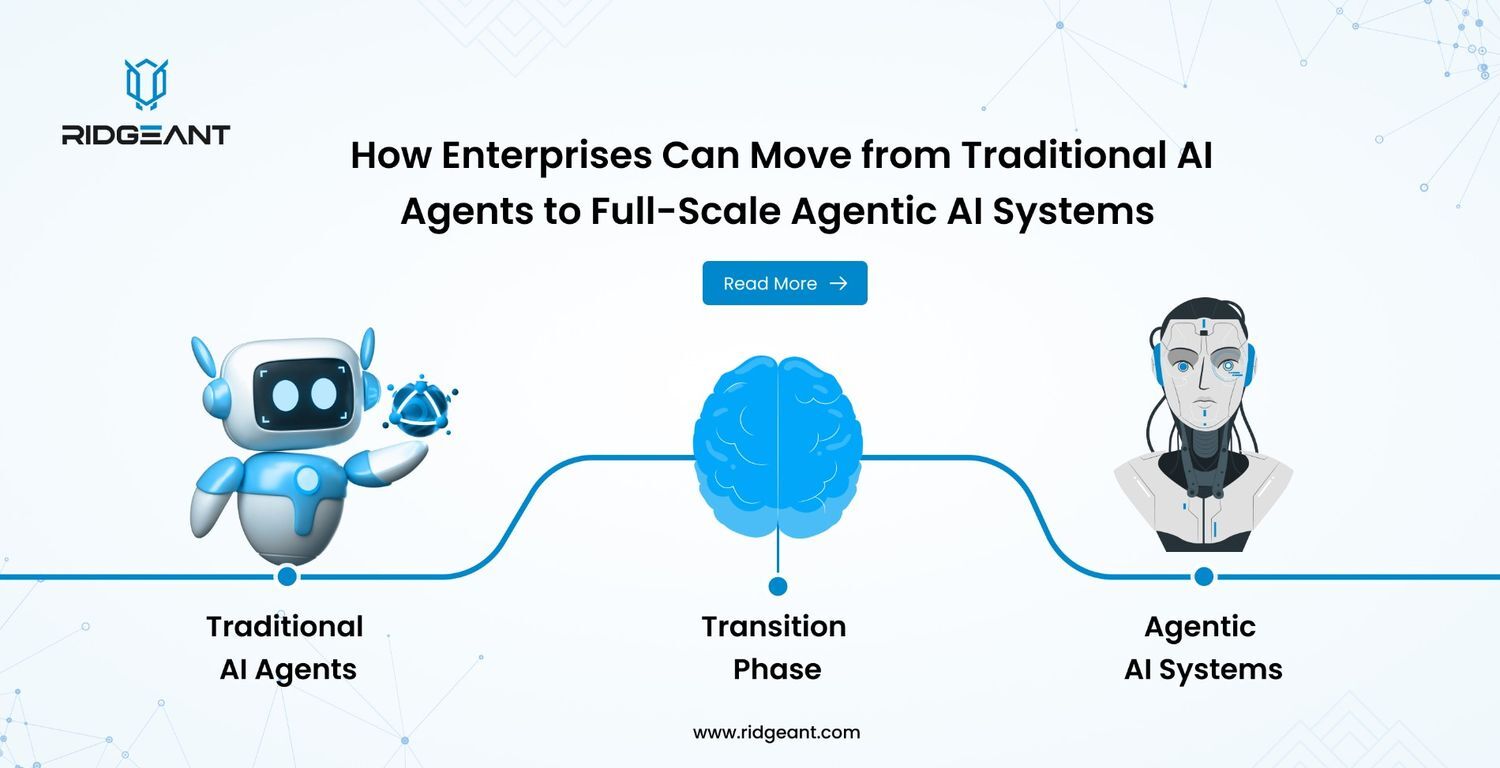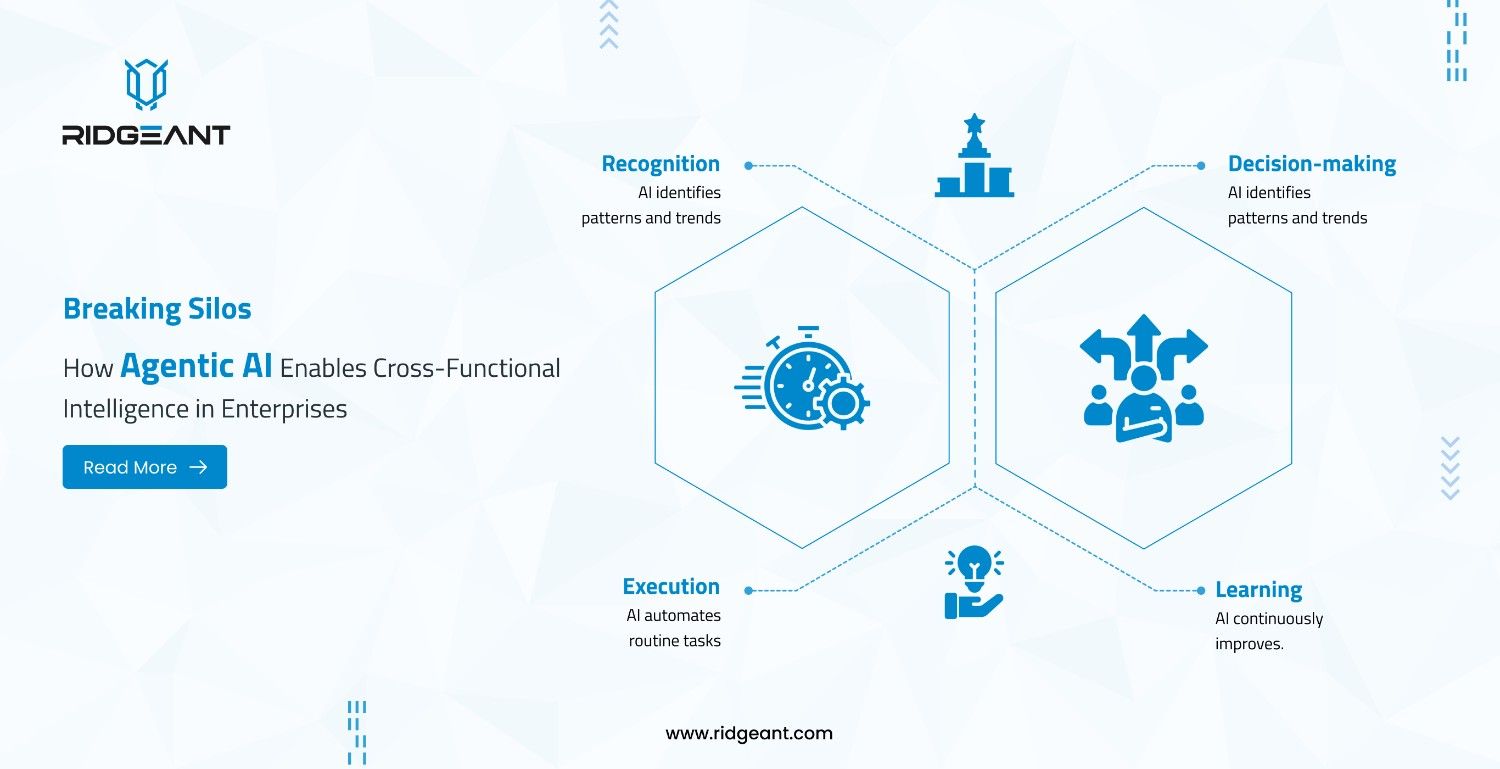
E-commerce businesses are constantly seeking new methods to improve their sales conversions and stand out in a highly competitive environment. In recent years, Generative AI Solutions have emerged as powerful tool, promising to reshape the way online retailers engage with customers and drive revenue. Forecasts suggest that generative AI could drive more than a 10% increase in online sales by 2025. This blog delves into the technicalities and statistical evidence of how generative AI can help e-commerce businesses achieve greater sales conversions.
The Potential of Generative AI in E-commerce
Generative AI refers to a category of artificial intelligence that can create new content, whether it be text, images, or even entire product designs, by learning from existing data. Unlike traditional AI, which focuses on analyzing and predicting based on existing patterns, generative AI can produce novel outputs that mimic the style or structure of the input data.
According to a report by Precedence Research, the global generative AI in e-commerce market size is expected to reach approximately USD 3.52 billion by 2034, growing at a compound annual growth rate (CAGR) of 15.5% from 2024 to 2034. This growth highlights the increasing recognition of generative AI’s potential to transform e-commerce by enabling personalized customer experiences, automating content creation, and optimizing marketing efforts.
Good Read: Key Guidelines to Create an Effective Generative AI Strategy
Enhancing Personalization and Customer Experience
Personalization has become a cornerstone of successful e-commerce strategies, with McKinsey’s research showing that AI in e-commerce can increase customer retention by 10-15% through personalized marketing. Generative AI takes personalization to the next level by enabling highly tailored interactions that resonate with individual customers on a deeper level.
- Dynamic Content Generation
- Traditional e-commerce platforms rely on static content, which may not always cater to the diverse preferences of a broad customer base. Generative AI can create dynamic, personalized content in real-time, such as product descriptions, recommendations, and even personalized email campaigns. This dynamic content can be tailored to each customer’s unique preferences and browsing history, making the shopping experience more engaging and relevant.
- For instance, an online fashion retailer could use generative AI to generate personalized outfit suggestions based on a customer’s past purchases, style preferences, and even the current season. This level of personalization not only enhances the shopping experience but also increases the likelihood of conversion.
- AI-Powered Recommendations
- Recommendation engines have been a staple in e-commerce, driving significant sales through personalized suggestions. Generative AI enhances this capability by analyzing vast amounts of data, including customer behavior, product attributes, and external factors like trends and seasons, to generate highly accurate and personalized product recommendations.
- Studies have shown that personalized recommendations can increase sales by 20-30%, making it one of the most effective tools for boosting e-commerce conversions. Generative AI can take this further by creating entirely new product bundles or suggesting complementary items that the customer may not have considered, thereby increasing the average order value (AOV).
- Conversational AI and Chatbots
- More than 78% of retail and e-commerce businesses are currently using or planning to use AI bots in the near future. Generative AI-powered chatbots are increasingly being deployed to engage with customers in real-time, providing personalized assistance and product recommendations. These chatbots can handle complex queries, guide customers through the purchasing process, and even generate content like FAQs or customer support responses on the fly.
- E-commerce businesses leveraging chatbots for communication see an average open rate of more than 80% and a click-through rate (CTR) of over 35%. This high level of engagement underscores the effectiveness of conversational AI in driving conversions. By offering instant, personalized support, generative AI chatbots reduce friction in the customer journey, making it easier for customers to make purchase decisions.
Automating Content Creation for Scale
Content is king in e-commerce, driving everything from SEO rankings to customer engagement. However, producing high-quality content at scale can be a resource-intensive process. Generative AI offers a solution by automating the creation of various types of content, enabling e-commerce businesses to scale their content strategies without compromising quality.
- Automated Product Descriptions
- Writing product descriptions for thousands of items can be a daunting task. Generative AI can automate this process by generating unique, SEO-optimized descriptions for each product, tailored to the target audience. This not only saves time and resources but also ensures consistency in tone and style across the entire product catalog.
- Moreover, AI-generated content can be updated in real-time based on changes in inventory, trends, or customer preferences. This dynamic approach to content creation keeps the product listings fresh and relevant, improving search engine visibility and driving more organic traffic to the site.
- SEO Optimization
- Search engine optimization (SEO) is critical for driving organic traffic to e-commerce websites. Generative AI can analyze search engine algorithms and user behavior to generate content that is optimized for specific keywords and phrases, improving the site’s ranking on search engine results pages (SERPs).
- By continuously learning from real-time data, generative AI can adapt to changes in search algorithms and user preferences, ensuring that the content remains relevant and effective in driving traffic. This adaptive approach to SEO can lead to significant increases in organic search traffic, ultimately boosting sales conversions.
- Ad Copy and Marketing Campaigns
- Marketing campaigns require compelling copy that resonates with the target audience. Generative AI can create personalized ad copy for different customer segments, optimizing for variables such as demographic, behavior, and purchasing history. This allows e-commerce businesses to run highly targeted campaigns that speak directly to the needs and desires of each customer group.
- According to a study by McKinsey, personalized marketing campaigns powered by AI can achieve conversion rates that are 20% higher than non-personalized campaigns. By leveraging generative AI, e-commerce businesses can maximize the effectiveness of their marketing efforts, driving more traffic and increasing the likelihood of conversion.
Optimizing Inventory and Pricing Strategies
Inventory management and pricing are critical components of e-commerce success. Generative AI can optimize these areas by predicting demand, setting optimal prices, and managing stock levels to ensure that products are available when and where customers want them.
- Demand Forecasting
- Accurate demand forecasting is essential for maintaining optimal inventory levels and minimizing stockouts or overstock situations. Generative AI can analyze historical sales data, market trends, and external factors such as seasonality or economic conditions to generate accurate demand forecasts.
- By predicting which products are likely to be in high demand, e-commerce businesses can adjust their inventory levels accordingly, reducing the risk of lost sales due to stockouts. This predictive capability also helps in optimizing supply chain operations, ensuring that products are available at the right time and place.
- Dynamic Pricing
- Pricing strategies play a significant role in e-commerce conversions. Generative AI can implement dynamic pricing models that adjust prices in real-time based on factors such as demand, competition, customer behavior, and even weather conditions.
- A study by Deloitte found that dynamic pricing can increase revenue by up to 25%. By continuously optimizing prices based on real-time data, e-commerce businesses can maximize profits while remaining competitive in the market. Generative AI can also segment customers based on their price sensitivity, offering personalized discounts or promotions to encourage purchases without eroding profit margins.
- Inventory Optimization
- Efficient inventory management is crucial for maintaining profitability in e-commerce. Generative AI can optimize inventory levels by predicting demand, automating reordering processes, and even suggesting changes to the product mix based on customer preferences and market trends.
- This optimization reduces carrying costs, minimizes the risk of obsolete inventory, and ensures that popular items are always in stock. By aligning inventory levels with customer demand, e-commerce businesses can improve their overall efficiency and profitability.
Improving Customer Retention and Lifetime Value
Customer retention is more cost-effective than acquisition, and increasing customer lifetime value (CLTV) is a key goal for any e-commerce business. Generative AI can enhance customer retention strategies by personalizing the customer experience, automating loyalty programs, and predicting customer churn.
- Personalized Loyalty Programs
- Loyalty programs are a proven method for retaining customers and increasing CLTV. Generative AI can create personalized loyalty programs that reward customers based on their purchasing behavior, preferences, and engagement levels.
- For example, an AI-powered loyalty program could offer personalized discounts or exclusive offers to customers who frequently purchase certain products or who have been inactive for a period. This targeted approach to customer retention increases the likelihood of repeat purchases and enhances customer loyalty.
- Churn Prediction
- Identifying customers who are at risk of churning is critical for maintaining high retention rates. Generative AI can analyze customer behavior, purchase history, and engagement patterns to predict which customers are likely to churn.
- Armed with this information, e-commerce businesses can take proactive measures to re-engage these customers, such as offering personalized incentives, reaching out through targeted email campaigns, or improving the customer experience. By reducing churn, businesses can improve customer retention and increase CLTV.
- Post-Purchase Engagement
- The customer journey does not end at the point of purchase. Post-purchase engagement is vital for building long-term relationships and encouraging repeat purchases. Generative AI can automate post-purchase follow-ups, personalized product recommendations, and customer support, ensuring that customers remain engaged with the brand.
- A study by Harvard Business Review found that increasing customer retention rates by just 5% can lead to a 25-95% increase in profits. By leveraging generative AI to enhance post-purchase engagement, e-commerce businesses can maximize the value of each customer relationship.
Generative and eCommerce: Case Studies and Real-World Examples
Several leading e-commerce companies have already begun leveraging generative AI to achieve significant improvements in sales conversions, customer retention, and overall profitability.
- Amazon
- Amazon is a prime example of an e-commerce giant that uses AI, including generative AI, to drive sales and improve customer experiences. Through personalized recommendations, dynamic pricing, and automated content generation, Amazon has been able to maintain its position as a leader in the e-commerce space.
- Amazon’s use of AI has contributed to its ability to offer personalized shopping experiences, resulting in a reported 35% of its total sales coming from AI-driven recommendations.
- Alibaba
- Alibaba, another e-commerce giant, has integrated generative AI into its operations to improve customer engagement and drive sales. The company uses AI to generate personalized product recommendations, optimize pricing, and automate customer service through chatbots.
- During its 11.11 Global Shopping Festival, Alibaba reported that AI-powered product recommendations increased the average order value by 20%.
- eBay
- eBay has implemented generative AI to enhance its search and recommendation algorithms, making it easier for customers to find products that match their preferences. The company has also used AI to optimize pricing strategies, resulting in improved sales conversions and customer satisfaction.
- eBay’s AI-driven approach has contributed to a significant increase in sales, with the company reporting that AI-powered recommendations account for a substantial portion of its revenue.
Conclusion
Generative AI is transforming e-commerce by enabling personalized customer experiences, automating content creation, optimizing inventory and pricing strategies, and improving customer retention. With the potential to drive more than a 10% increase in online sales by 2025 and a market size projected to reach USD 3.52 billion by 2034, generative AI is set to become a critical component of e-commerce success.
As e-commerce businesses continue to adopt and integrate generative AI into their operations, those that leverage its full potential will be better positioned to thrive in an increasingly competitive market. By harnessing the power of generative AI, e-commerce companies can achieve greater sales conversions, enhance customer loyalty, and drive long-term profitability.














